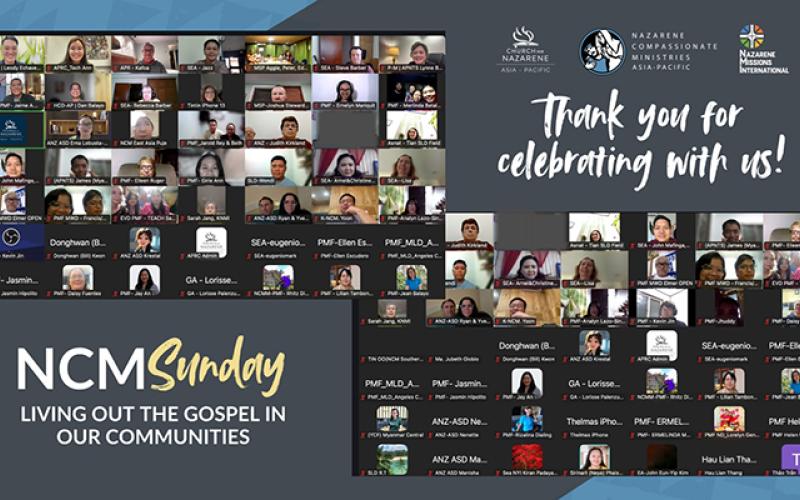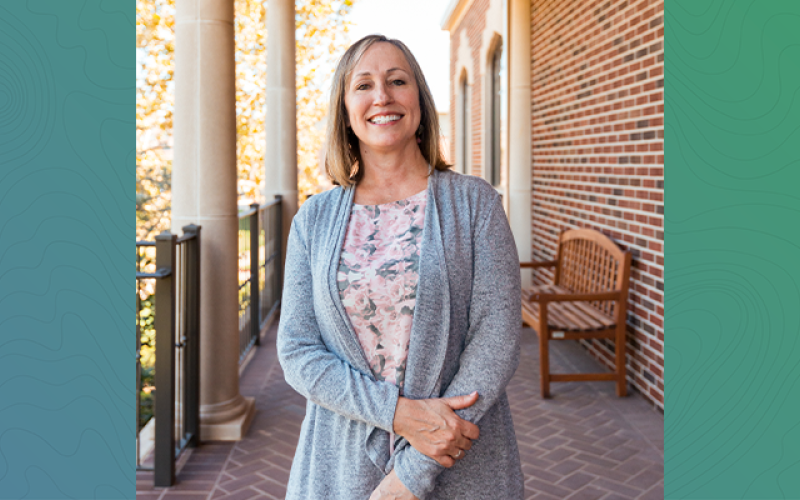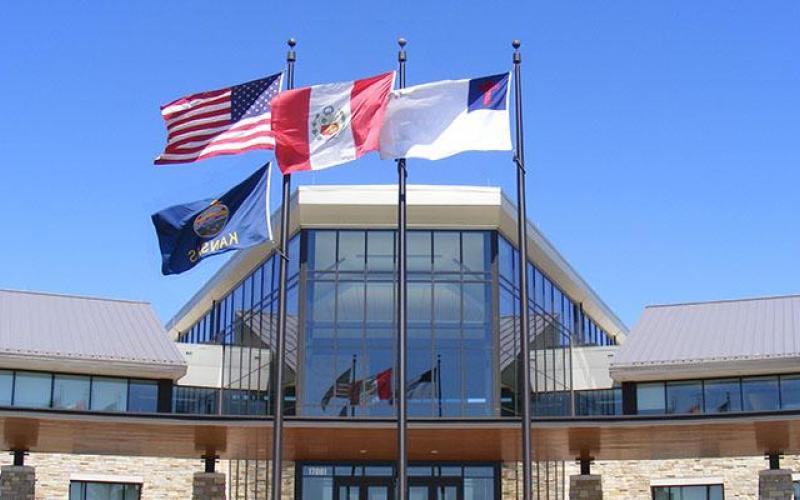
Ambrose hosts re-entry camp for missionary children

Growing up outside of North America can provide a rich, cross–cultural experience for Canadian children whose parents serve as missionaries or other international workers. Often overlooked, however, are the social identity and other life challenges that missionary (MK) and other third-culture kids can encounter when transitioning into Canadian life after spending most or all of their childhood abroad.
Ambrose University's Jaffray Centre for Global Initiatives, in partnership with the Canadian MK Network, recently hosted a weeklong re–entry camp called ReBoot to help youth age 17 to 20 with the transition.
"ReBoot gives them handles on how to transition to Canadian culture and life as a young adult after growing up overseas," said Cyndy Ingram, project coordinator with the Jaffray Centre. "Many of them left their families and are in Canada on their own, so this is an amazing way to connect them with a community that understands, loves, and supports them. It was a great week and we're already looking forward to doing it again next summer!"
ReBoot aims to foster community among the youth, who often return to Canada with feelings of loss, grief, and loneliness. The 21 youth in attendance represented 14 countries and participated in several activities, including a ropes course to promote team building, anAmazing Race activity to introduce the youth to Canadian life skills such as opening a bank account and using public transit, and a day trip to Banff.
MKs and other third culture kids return to Canada with a desire to fit and belong "back home," while retaining their hybrid cultural identity that reflects their global upbringing. With that goal in mind, ReBoot offers encouragement and support that meets participants where they are, and endeavours to help them move forward with confidence.
For Ingram, the highlight of the week was seeing the reserved youths' transformation into smiling, engaged participants able to use humour as a release from the difficulties of their lives.
"These students bonded with one another so quickly," Ingram said. "Even though they have grown up in different parts of the world, they found so many commonalities that they understood and connected with one another right away."
ReBoot participants were grateful for the opportunity to share their stories and connect with others who have previously or are currently experiencing a similar transition.
"One of the best things about ReBoot was the information we were given about meshing where we came from and where we're going, as well as information about starting life as a student/adult in Canada," said one participant.
Another attendee highlighted "the community and friendships I found; people who understood/relate to how I've grown up and what I'm going through."
A third participant encouraged others to attend.
"Go," they said. "You'll find friendship and understanding. They'll explain things that you're struggling through. You're not as alone as you think."
--Ambrose University via Nazarene News Canada



